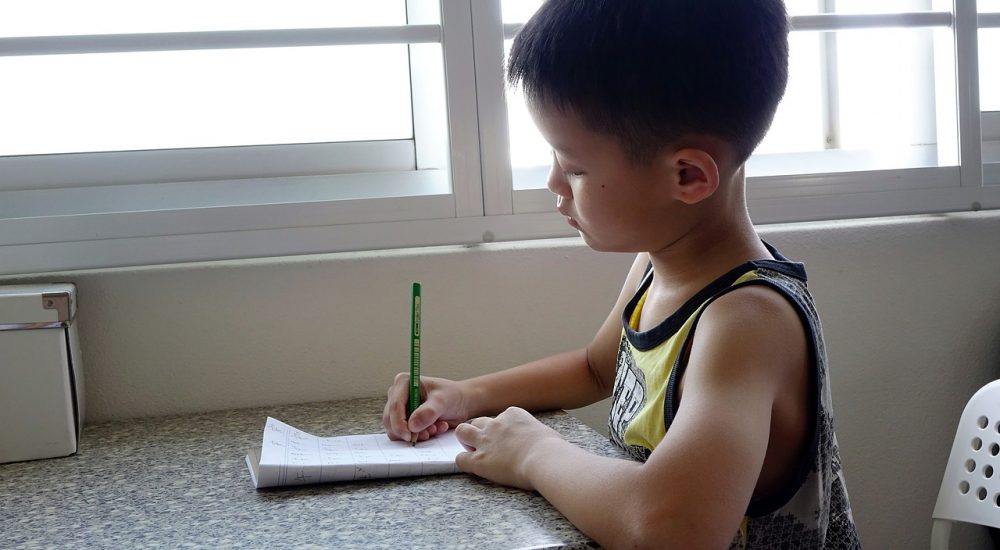 Our students wrote original poetry for “Real Talk,” a social-emotional learning (SEL) class. Each month our students engage in and learn about different concepts relating to social-emotional development.
Our students wrote original poetry for “Real Talk,” a social-emotional learning (SEL) class. Each month our students engage in and learn about different concepts relating to social-emotional development.
We have created a book with all of our student’s poems, which I enjoyed reading. After reading several of our student’s work, the verse that stuck out for me was “Depressed.” The first line caught my attention because of its wit and honesty.
Depressed
When a tomato gets chopped, it is depressed.
When carrots get diced, they are depressed.
When they get mixed, they are depressed.
Together!
After reading this poem, I thought WOW, this young writer is very reflective. She was able to write about the intensity of feeling depressed in just a few lines through the point of view of a vegetable. The young author also made a connection of understanding when depressed people gather, each person’s mood infects the other person’s mood. The poem touched upon a core problem involving depression, as it relates to the adage misery loves company. The aspect of a young child being able to communicate and make such deep connections between grief and hurt is exceptional.

After reading several of the student’s poems, I recognized how important it is to have children talk, write, and express their emotions. Afterschool and summer learning programs have proven to be places for students to cultivate their social and emotional skills and competencies. If your program hasn’t started to actively engage students with SEL activities, it is a missed opportunity. Afterschool is a safe space where students can explore concepts like emotions, and a student’s ability to understand their feelings builds self-awareness and social awareness.
Using poetry doesn’t have to be complicated. You can teach any of the following:
Not only are you providing students the opportunity to connect to their emotions, but you are also building their literacy skills!
For breakfast, a Starbucks ice tea and egg bites.
Author: @tiana-brown
